Nepal, a trailblazer in the protection and promotion of human rights: Foreign Minister Dr. Rana
Kathmandu: Minister for Foreign Affairs Dr Arzu Rana Deuba has said that Nepal has been travelling the extra mile in fulfilling its human rights obligations by adopting periodic national human rights action plans for the last two decades.
‘Currently, we are preparing our Sixth human rights action plan, ‘ Minister Dr. Rana.
In her statement as the Head of the Nepali Delegation to the 58th Session of Human Rights Council (HRC) High-Level Segment at the Palais des Nations in Geneva, Switzerland earlier today, she said in attempts to scale up commitments Nepal has initiated the ratification process for the ILO Convention on Freedom of Association.
‘Early this month Nepal presented its 7th periodic report to the CEDAW Committee, while also implementing the recommendations received in the third cycle of Universal Periodic Review (UPR), ‘said Minister Dr. Rana.
Stating that Nepal continues to uphold the Universal Declaration of Human Rights and remains constructively engaged with human rights instruments and mechanisms, she said Nepal is also committed to ensuring the independence of the National Human Rights Commission, which has enjoyed an ‘A’ category accreditation since its establishment.
‘Nepal upholds press freedom and has a vibrant civil society with community groups, human rights defenders and the media as key partners in advancing human rights and inclusive development,’ she added.
The Foreign Minister noted that Nepal’s experience in upholding human rights, democracy and peace building could serve as a good reference to countries in similar situations. She also took the occasion to highlight that Nepal’s current Constitution provides the total range of economic, social, cultural, civil, and political rights as fundamental human rights.
Further, the constitution provides extraordinary jurisdiction to the courts in enforcing these Fundamental Rights. Thus, she said, ‘Nepal is one of the trailblazers in the protection and promotion of human rights.’
Observing that a significant leap forward for human rights in Nepal has been the Constitutional guarantee for one-third representation of women in the federal and provincial Parliament and forty percent in the local government, she said that access to justice has increased at the local level by the agency of judicial committees which are led by elected deputy mayors, mostly women.
She said, ‘Similarly, the mandatory inclusion of minority groups in political bodies at all levels has ensured human rights for all.’
Referring to the peace process, the Foreign Minister said that Nepal’s reputation in the global arena is also defined by its nationally led peace process which brought to an end a decade-long conflict (1996-2006) and also taught Nepalese leaders and people the value of human rights and peace.
‘The Government of Nepal is committed to concluding the last mile works of transitional justice, as it passed laws to this end in August 2024 with a victim-centric approach in line with international standards, ‘ said the Foreign Minister.
However, despite all these guarantees the people of Nepal now increasingly face additional human rights challenges posed by anthropogenic climate change and the invasion of the private sphere by digital technology.
‘We are also serious about taking a lead in ensuring climate justice and are going to organize a dialogue entitled Sagarmatha Sambad on the topic “Climate Change, Mountains, and the Future of Humanity”, she said and invited all attendees to participate in this event in Kathmandu this May.
Concluding her statement, the Foreign Minister also announced Nepal’s candidacy for membership of the Council for the term 2027 to 2029, while requesting all eminent members for their kind support to the candidacy.




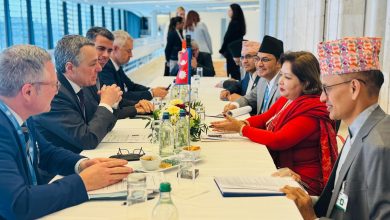
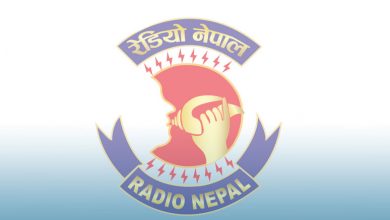
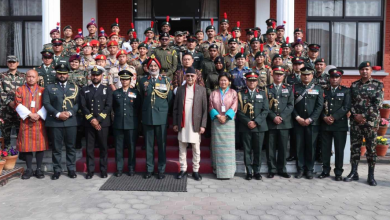
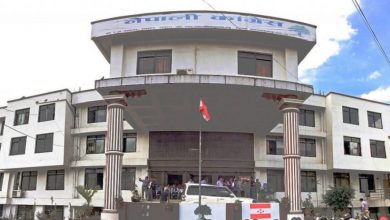
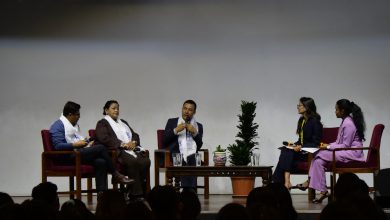
Comments